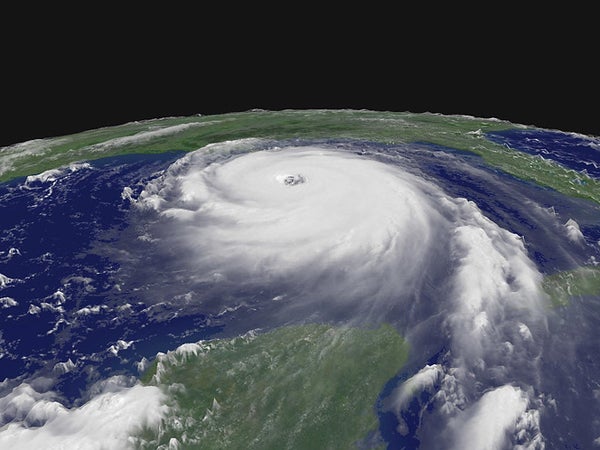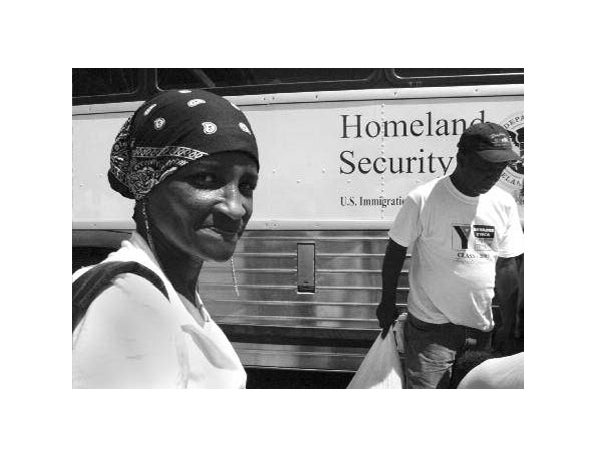Researchers affiliated with the RISK study have published a study in the journal Health Affairs that summarizes the findings of the 15-year study that followed low-income parents who survived Hurricane Katrina. The lessons learned inform these key priorities: Prevention (improve climate resilience and evacuation planning); uninterrupted health care; less administrative work for survivors; strong community ties; and long-term services for those highly affected. “Our findings can guide policy makers, service…
Novel study examines pre-existing predictors of post-traumatic stress symptoms in aftermath of disaster
The Resilience in Survivors of Katrina Study (RISK) study has followed a cohort of low-income parents from a year before (baseline) exposure to Hurricane Katrina, and then 1, 4 and 12 years post disaster in order to learn more about the short- and long-term impacts. The findings of this study published in PLOS ONE contribute to the body of research on exposure to disasters by confirming that people who were…
Ethan Raker awarded prize for best doctoral student paper
Congratulations to Harvard Pop Center Graduate Student Affiliate Ethan Raker! He is the first sociology student to be awarded the Ana Aguado Prize for best doctoral student paper from the Harvard Environmental Economics Program (HEEP). Ethan’s paper, which was published in Demography earlier this year, examines the lasting demographic impact of natural disasters by focusing on severe tornadoes over a span of thirty years.
Lessons from Hurricane Katrina on less obvious possible health impacts of COVID-19
Data from a longitudinal study of survivors of Hurricane Katrina could be helpful in predicting the more indirect health stressors of a pandemic. Ethan Raker, a Harvard Pop Center graduate student affiliate, Meghan Zacher, and Sarah Lowe, have published a study in PNAS that draws from their work on the RISK project. Their findings suggest that lapses in medical care and medication use, fear surrounding the well-being of loved ones,…
In honor of Earth Day, a review of the last decade of social science research on the effects of disasters
Three researchers affiliated with the Harvard Pop Center—Mariana Arcaya, Ethan J. Raker, and Mary C. Waters—have published a review in the Annual Review of Sociology that concludes with their concerns about the likelihood of more severe natural disasters due to climate change in the future, and the need for innovative concepts and methods to cope with these environmental and societal challenges. Photo: NASA Goddard Space Flight Center on Flickr
Twelve years after Hurricane Katrina, some still suffering from post-traumatic stress
Researchers affiliated with the RISK project have published a study in Social Science & Medicine that looks at the long-term mental health consequences of Hurricane Katrina. Among the study participants—a group of low-income mothers— one in six was found to still be suffering post-traumatic stress symptoms (PTSS), and hurricane-related traumas were found to predict persistent PTSS.


